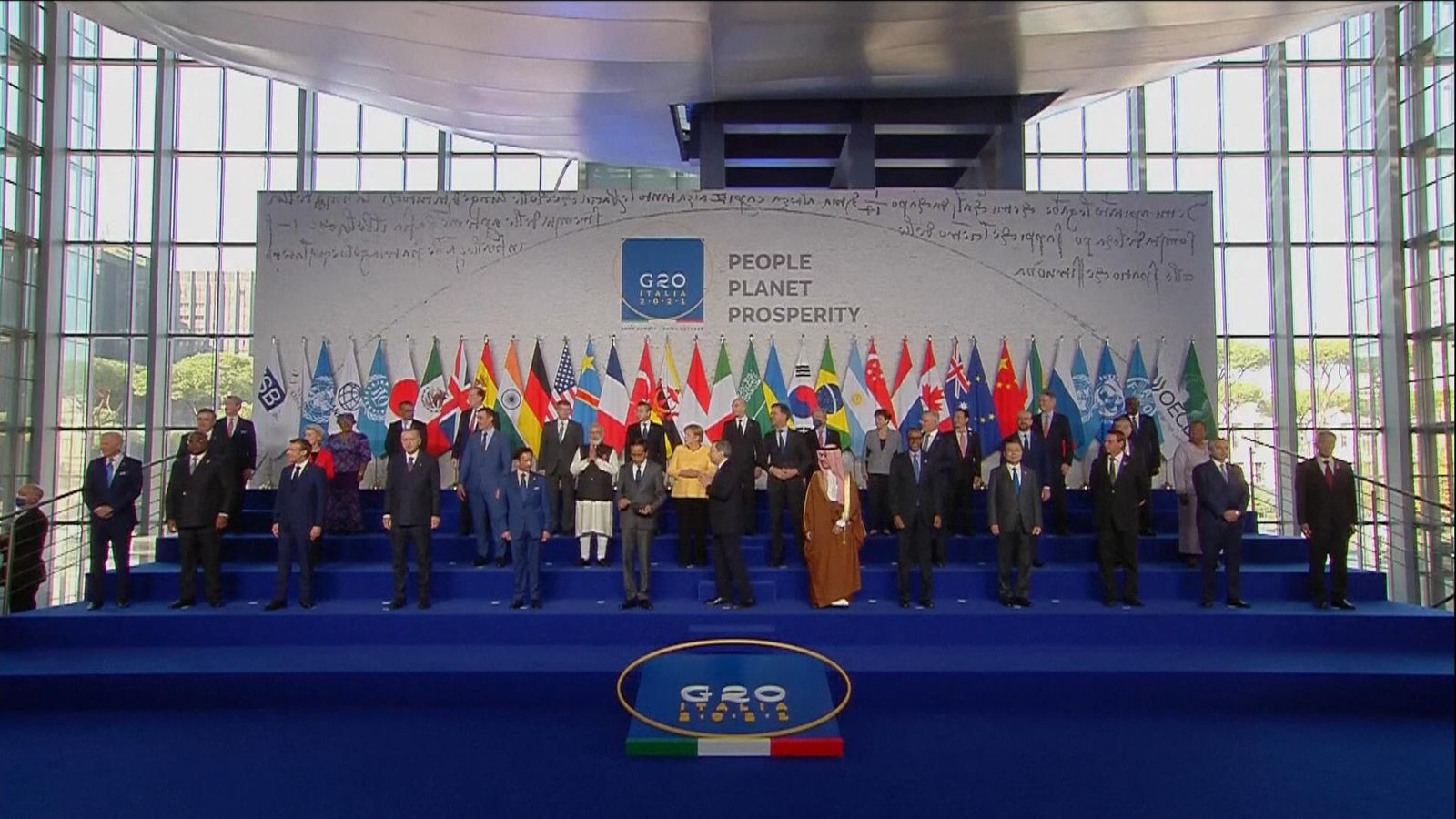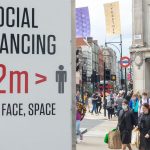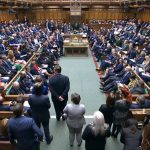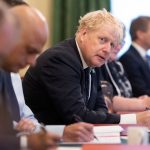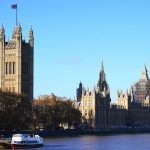G20 leaders have committed to reaching net zero “by or around mid-century” ahead of the COP26 climate conference.
Leaders of the world’s 20 largest economies have also agreed to end public financing for coal-fired power generation abroad, but set no target for phasing out coal domestically.
The lack of agreement over the domestic issue relates directly to top carbon polluters China and India – and represents a failure by leaders to agree on a key issue.
Wrapping up two days of talks in Rome ahead of the global COP26 climate summit, the group of 20 had been looking to find common ground and definitive commitments on how to reduce emissions while helping poorer countries deal with the impact of climate change.
The 20 members, which include the UK, the US, China, India, Brazil, Russia and the EU, represent more than three-quarters of the world’s greenhouse gas emissions.
The nations are essential to pushing forward commitments to ensuring global temperatures do not reach 1.5C above pre-industrial levels – the main aim of COP26, which is being hosted by the UK.
Also at the G20, the US and the EU agreed to crack down on “dirty steel” that produces carbon emissions by restricting steel made in China from accessing their markets.
COP26: Prince Charles tells G20 world leaders the ‘future of humanity and nature herself are at stake’
COP26: Alok Sharma sets UK govt’s tone for climate change summit demanding ‘every country’ steps up
COP26: How easy is it to drive from London to Glasgow using an electric car?
US President Joe Biden and European Commission President Ursula von der Leyen made a joint appearance at the end of the summit in which they said the move resolved the trade dispute started by former president Donald Trump.
Ms von der Leyen, who called the president “dear Joe” several times, said all like-minded economies could participate in the agreement.
Also at the G20 summit, leaders endorsed a 15% global minimum tax on corporations, which had been agreed by G20 finance ministers in July.
The tax is aimed at minimising the ability of multinational businesses to use tax havens to gain massive profits while avoiding taxes in the countries they operate in.
G20 leaders also set a goal to vaccinate at least 40% of the population of each country against COVID-19 by the end of 2021 and 70% by June 2022.
But Global Citizen, which works to end poverty, told Sky News “there is no plan to get there” and questioned where the doses would come from as there is still little data on vaccine production and distribution.
